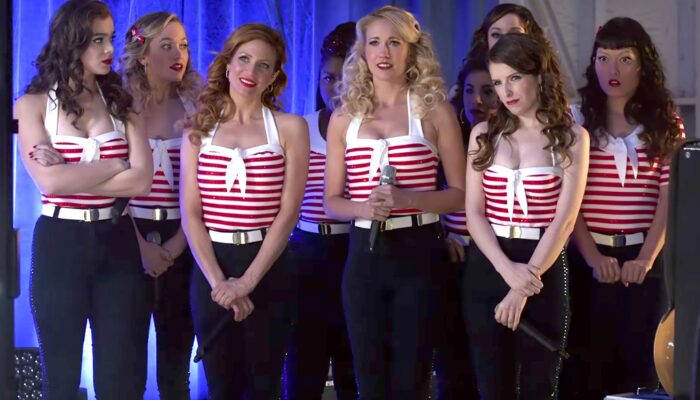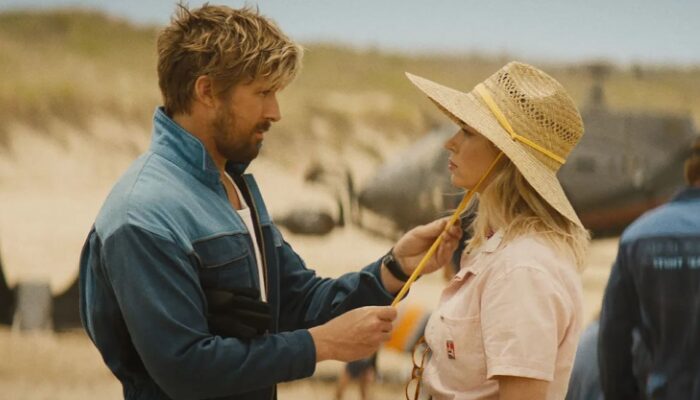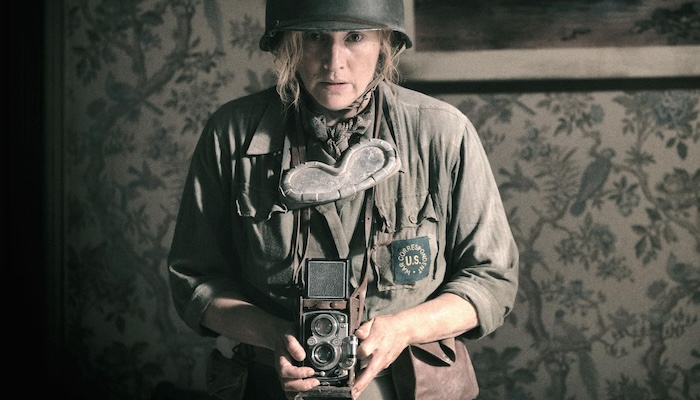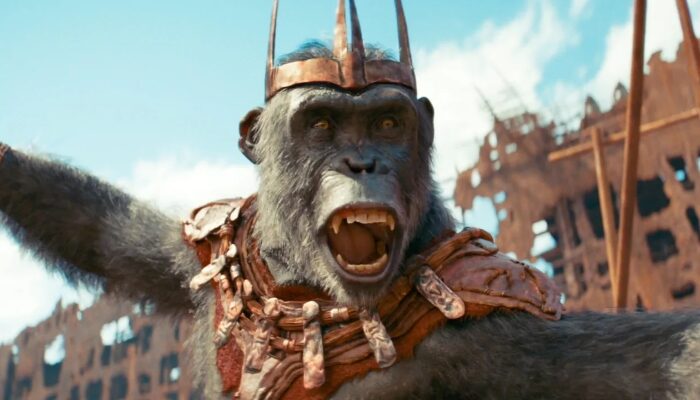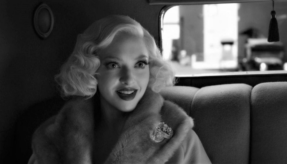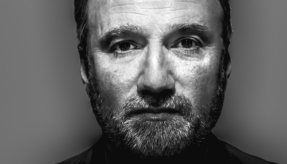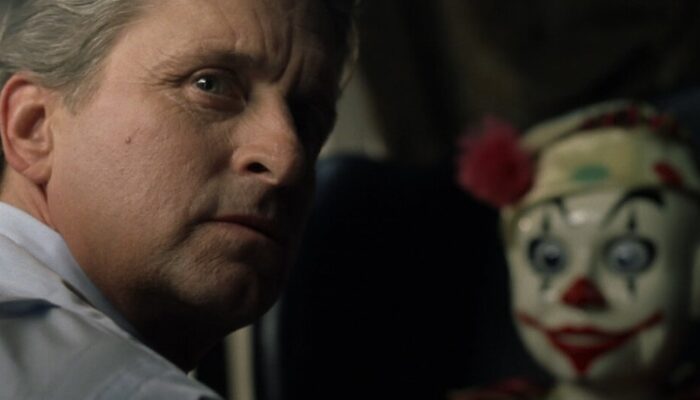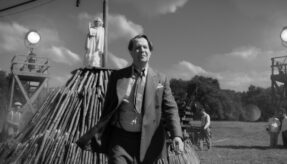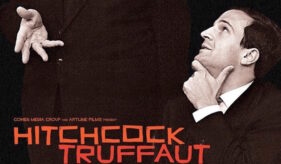MANK (2020): On David Fincher’s Golden Age Obsession
On David Fincher’s Obsession with Hollywood’s Golden Age
In a recent interview with Variety‘s Bret Lang, director David Fincher spoke at length about Mank, his passion project thirty years in the making, which covers the dispute between Orson Welles and Herman Mankiewicz over the authorship of the legendary Citizen Kane (1941).
David Fincher was inspired to become a filmmaker by his father Jack Fincher, an avid cinephile who took David to many revival house theaters where they watched classics such as 2001: A Space Odyssey, Rear Window and even Citizen Kane. “By the time I was 8 years old I’d decided I wanted to spend my life making movies, so my dad was this font of information, telling me, ‘You have to see this or that film,’” says Fincher. Once he had grown up, Fincher started his career directing music videos in 1989, including Madonna‘s Express Yourself and later moved on to directing movies starting with Alien 3 in 1992.
When the elder Fincher retired, he began writing screenplays, including one which would evolve into the script for Mank. “He presented me with this posthumous arbitration screed,” says David Fincher. “I told him that it seemed like a lot of sour grapes and that I didn’t think people really cared about who got credit for what. The drama didn’t appeal to me.” In later drafts though, Mankiewicz’s character became more fleshed out, especially his relationship with William Randolph Hearst, the newspaper magnate who was the inspiration for Charles Foster Kane, the protagonist of Citizen Kane. Fincher came to identify more and more with Mankiewicz as someone who understood “the grinding, often frustrating pursuit of an elusive kind of perfection,” as Lang puts it.
While working on the script, Fincher developed a greater appreciation for the subplot his father included in the original draft that depicted the 1934 California gubernatorial race between Frank Merriam and Upton Sinclair wherein MGM Studios conducted a propaganda campaign against the socialist Sinclair. In the movie Mankiewicz is horrified by big business influencing elections, which strains his relationship with Hearst. When he first read his father’s script in the 1990s, he thought “‘I don’t get it. It’s so quaint, this idea of fake news. I was fairly convinced, ‘Who really cares if there were nefarious goings-on in 1934?’” However in 2020, the message resonates with him more than ever.
Lang says that despite Mank looking backward at Hollywood’s past, it is helping to create a new future of directors reflecting on the making of classic films in their work. Ben Affleck will soon be directing The Big Goodbye, a film about the production of Chinatown (1974), and Barry Levinson and Oscar Issac are set to create a film about the making of The Godfather. “There are so many amazing stories about the making of movies; there’s a place for that,” says Fincher. “Will there be a rush of these: ‘What about the making of “Stunt Man”?!’ No, but I’m intrigued by the idea of both those. I adore and revere Ben Affleck and Barry, so let’s see what they do with it.”
Leave your thoughts on David Fincher’s interview with Variety below in the comments section. Readers seeking to support this type of content can visit our Patreon Page and become one of FilmBook’s patrons. Readers seeking more movie news can visit our Movie News Page, our Movie News Facebook Page, and our Movie News Twitter Page. Want up-to-the-minute notification? FilmBook staff members publish articles by Email, Twitter, Instagram, Tumblr, Pinterest, and Flipboard. This movie news was brought to our attention by Variety.
Related Articles
FilmBook's Newsletter
Subscribe to FilmBook’s Daily Newsletter for the latest news!

